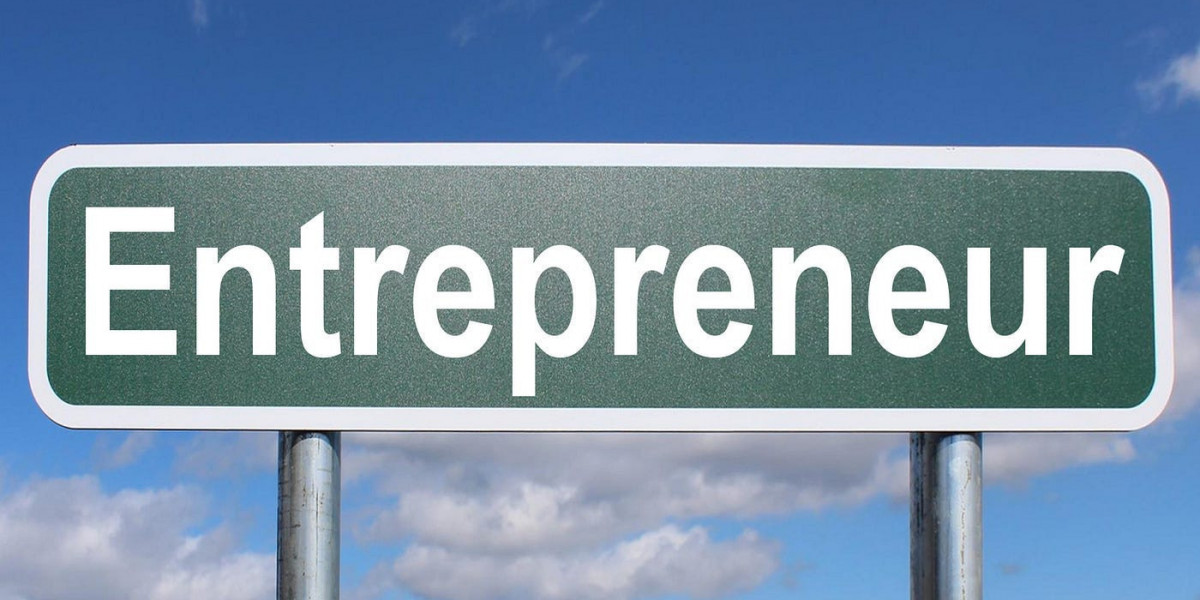Economic recessions are often viewed as the worst time to start a business. Market uncertainty, declining consumer confidence, and limited access to funding create a challenging environment. Yet, some of the most successful companies and entrepreneurs have emerged during periods of economic downturn. These individuals turned adversity into opportunity, proving that innovation and grit can thrive even in the toughest times.
In this article, we’ll dive into real-life stories of entrepreneurs who defied the odds, launched during recessions, and built businesses that went on to become industry leaders. Their journeys not only inspire but also offer practical lessons for anyone considering launching a business, even in uncertain times.
Why Start a Business During a Recession?
Before we dive into the stories of entrepreneurs, it’s important to understand what makes recessions fertile ground for new ventures. While it may seem counterintuitive, tough times often bring about meaningful shifts in consumer behavior and market needs. These changes can create gaps in the market and open opportunities for creative problem solvers.
Here are a few reasons why some entrepreneurs choose to launch during a downturn:
Less Competition: Many companies cut back on innovation, leaving gaps in products and services.
Access to Talent: With layoffs and hiring freezes, startups can recruit top-tier talent more easily.
Negotiation Power: Office spaces, vendor services, and supplies often become more affordable.
Customer Focus: Scarcity of resources forces entrepreneurs to focus on solving real problems, driving value early on.
Let’s take a look at some stories of entrepreneurs who embraced these conditions and thrived.
1. Airbnb – Launched During the 2008 Recession
Perhaps one of the most well-known stories of entrepreneurs to come out of the 2008 global financial crisis is that of Airbnb founders Brian Chesky and Joe Gebbia. Struggling to pay rent, they decided to rent out air mattresses in their apartment to conference attendees who couldn’t find hotel rooms. They quickly realized this concept had potential far beyond a quick fix for cash flow.
Despite the travel industry being hit hard by the recession, Airbnb grew by offering budget-conscious travelers an alternative to hotels. The downturn forced people to look for cheaper lodging, and homeowners were eager to make extra income. This alignment of market need and innovation allowed Airbnb to scale rapidly.
Today, Airbnb is a publicly traded company worth billions, but it started with a simple idea born out of financial necessity during an economic crisis.
2. Warby Parker – Affordable Eyewear for the Masses
Another compelling entry in the stories of entrepreneurs who found success during a downturn is Warby Parker. The company was founded in 2010 by four Wharton business school students during the aftermath of the 2008 recession. They recognized a flaw in the eyewear market: glasses were outrageously expensive and dominated by a few large companies.
Their solution was to create stylish, affordable eyewear and sell it directly to consumers online, bypassing traditional retail markups. The model resonated with price-conscious shoppers, especially in a time when budgets were tight. By offering a home try-on program and a socially conscious “buy a pair, give a pair” initiative, Warby Parker disrupted an entire industry.
Their story is a powerful example of how entrepreneurs can identify inefficiencies in an outdated system and build something better—particularly when consumer demand for affordability is at its peak.
3. Mailchimp – Bootstrapped and Built in a Downturn
Mailchimp’s rise is another impressive highlight in the catalog of stories of entrepreneurs who started with very little. Founded in 2001—shortly after the dot-com bubble burst—Mailchimp was initially a side project by Ben Chestnut and Dan Kurzius. The email marketing software was launched with limited funding and a lean team, just when many tech companies were collapsing.
Mailchimp focused on small businesses, offering a freemium model that made it easy for cash-strapped entrepreneurs to build email campaigns. By staying lean and adapting to customer needs, the company steadily grew without taking outside investment.
Over the years, Mailchimp evolved into a marketing powerhouse, eventually being acquired by Intuit in 2021 for $12 billion. Their story emphasizes the power of bootstrapping, resilience, and a customer-first mindset—even when the broader economy is struggling.
4. Netflix – Reinventing Entertainment During a Crisis
One of the more dramatic stories of entrepreneurs navigating multiple downturns is that of Netflix co-founder Reed Hastings. While Netflix was originally founded in 1997, it faced immense pressure during the dot-com crash and later during the 2008 financial crisis. At each of these moments, the company pivoted strategically.
In 2008, Netflix introduced its streaming service just as people were cutting back on cable subscriptions. Their timing was impeccable. As more consumers stayed home, streaming became a popular, cost-effective alternative to traditional TV. This shift in consumer behavior, amplified by the recession, positioned Netflix for explosive growth.
Today, Netflix is synonymous with streaming entertainment, but it was their ability to adapt during hard times that helped them build a loyal subscriber base and redefine an industry.
5. Spanx – Built Without a Business Background or Funding
Sara Blakely’s journey with Spanx is another extraordinary addition to the stories of entrepreneurs who started from scratch. In 2000, during an economic slowdown, she used $5,000 in savings to create a prototype of footless pantyhose. Blakely had no formal business experience or external funding, but she believed in her product.
She relentlessly pitched her idea to manufacturers and department stores until she got her big break with Neiman Marcus. Oprah Winfrey featured Spanx on her show, and the product quickly took off. By focusing on a specific problem that women faced and finding a simple, effective solution, Blakely built Spanx into a household name.
What makes her story particularly inspiring is her refusal to let lack of resources or industry experience stop her from pursuing her idea.
Key Takeaways from Recession-Era Entrepreneurs
These stories of entrepreneurs show that economic downturns, while difficult, also present unique opportunities. Here are some key lessons drawn from their experiences:
Focus on Value: Successful businesses during a recession focus on solving real problems with practical solutions.
Be Resourceful: Tight budgets foster creativity. Many great ideas come from trying to solve your own financial or logistical problems.
Start Lean: Starting with less can force you to build smarter, scale sustainably, and avoid unnecessary bloat.
Adapt to Market Needs: Understanding shifting consumer behavior is crucial. Recessions often bring about lasting changes in how people live, work, and spend.
Stay Persistent: All of these entrepreneurs faced rejections and setbacks. What set them apart was their determination and belief in their vision.
Final Thoughts
Recessions may be daunting, but as these stories of entrepreneurs show, they can also be the perfect time to launch a game-changing idea. Whether it’s offering a more affordable product, leveraging digital tools, or simply being brave enough to take the first step, there is room to succeed—even in tough times.
If you’re considering starting a business during uncertain times, take heart from these examples. The conditions may be challenging, but with creativity, resilience, and a clear focus on value, your idea could be the next great success story.
If you want more stories, Click stories of entrepreneurs.








